Keywords: Social Teaching
There are more than 200 results, only the first 200 are displayed here.
-

ENVIRONMENT
- Andrew Hamilton
- 07 June 2017
5 Comments
To consider cricket as work would strike many people as odd. They would see it as a hobby, a recreation, a game or a calling. Professional sportspersons receive little attention in Catholic social thought, which is a pity because a Catholic understanding of work provides a helpful perspective. Its crucial insight is that work is a human activity, and that each human being is precious, unique and needs to be respected. Neither people nor work can be seen as means to an economic end, or as expendable.
READ MORE 
-
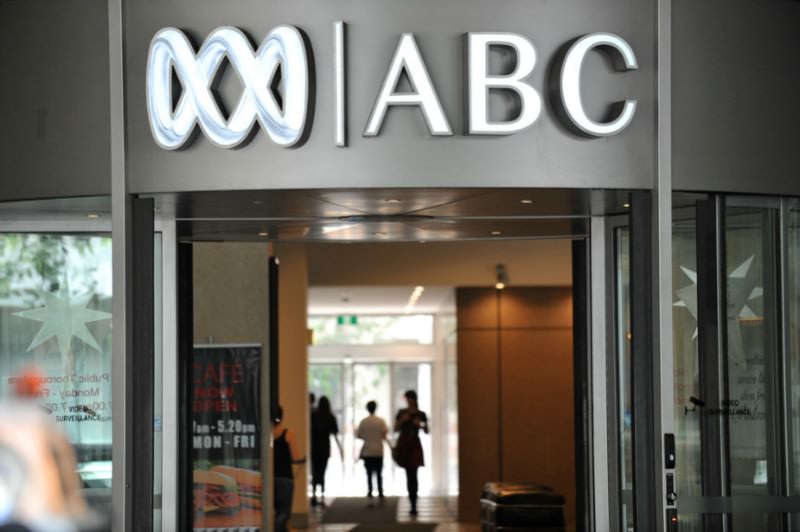
MEDIA
- Rohan Salmond
- 01 June 2017
28 Comments
Reports that the ABC will no longer require the head of the religion unit to be a religion specialist are more than a little surprising. The ABC has a commitment in its charter to 'reflect the cultural diversity of the Australian community'. Without religion reporting from people with specialist journalistic backgrounds, the ABC jeopardises its ability to fulfil its ongoing functions and responsibilities. Like it or not, religion still plays a huge part in public life in Australia, which affects the lives of everyone.
READ MORE 
-

RELIGION
- Frank Brennan
- 17 May 2017
As the Church of 2030, we need to be more attentive to the contemplation of believers and our experience of spiritual realities, as well as the preaching of the church. Pope Francis has no time whatever for the notion of the Church as a perfect society. But, there is no way that Francis wants to abandon the ideals and the commitment to truth and justice so well exemplified by his predecessors John Paul II and Benedict.
READ MORE
-

RELIGION
- Frank Brennan
- 15 May 2017
The reconciliation of this vertical relationship is possible only through the mediation of Jesus who embodies, lives and dies the reality of this reconciliation. He puts us right with our God and thereby establishes the basis for right relationship with each other. In many countries such as Australia, Timor Leste and South Africa, the public rhetoric and programs for reconciliation have, at least in part, been informed and underpinned by this theological perspective.
READ MORE
-

RELIGION
- Frank Brennan
- 08 May 2017
1 Comment
Our Church is presently a strained, outdated social institution with an exclusively male hierarchy and clergy. But it is also the privileged locus for us to be called to the banquet of the Lord sharing theology and sacrament which have sustained the hearts and minds of similar pilgrims for two millennia. Thank God for Pope Francis who is showing us the way, helping us to find meaning in our changing and chaotic world, putting a fresh spring in the step of all those Catholics holding in tension the prophetic and the practical, the theological and the humanist, the tradition and the contemporary reality.
READ MORE
-
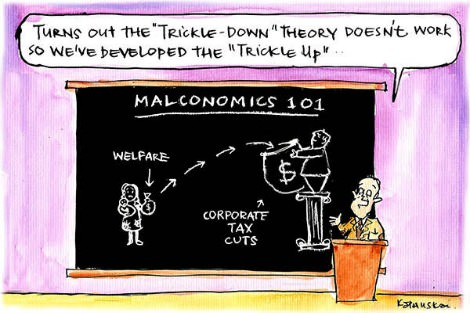
AUSTRALIA
- Frank Brennan
- 10 April 2017
16 Comments
In an age of 'budget repair', social policy risks becoming just a sidebar to economic policy which is a contest of ideas about how best to grow the size of the pie thereby providing a slice for 'the deserving poor' without having to redistribute too much of the pie, while 'the undeserving poor' drop off the edge as they would have anyway. For those of us schooled in Catholic social teaching, the so-called 'undeserving poor' are the litmus test of our commitment to the human dignity of all persons.
READ MORE 
-
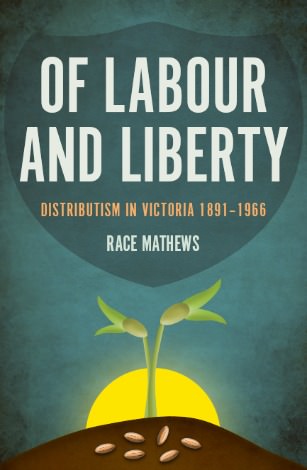
RELIGION
- Andrew Hamilton
- 05 April 2017
6 Comments
It can be disconcerting to hear our family history told by a sympathetic outsider. I found Race Matthews' new book that treats Catholic engagement in public social issues fascinating in that respect. Matthews' perspective is that of a member of the Labor Party who admires Catholic Social Teaching, especially its commendation of the communal ownership of business enterprises. He sees the possibilities this presents for the reform of Australian society, particularly if adopted by the Labor Party.
READ MORE 
-

RELIGION
- Frank Brennan
- 29 March 2017
1 Comment
'We need to be more focused on grace, Christ and God's word, rather than just on law, the Church and papal utterances. But today, I will draw more on law, the Church and the Pope to point us towards those more fruitful domains: grace, Christ and God's word. Our future visioning needs to focus more on the gospel imperatives including the option for the poor and the dignity of all persons, including those who are non-believers.' Address to Catholic Health Australia's Catholic Governance Symposium, 27 March 2017
READ MORE
-
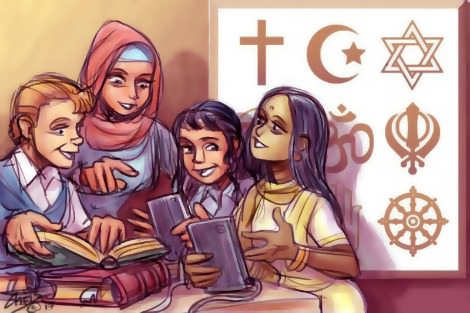
EDUCATION
- Sophie Chalmers
- 21 March 2017
21 Comments
The Dalai Lama is turning 82 this July, and he may be the last in his line. The religious and political ramifications of this are often lost on the general public. Many people in largely Christian Australia don't know the significance of a Mikveh in Judaism, can't explain why the Buddhist Middle Path is so important, or recite what the Five Pillars of Islam are. There are as many diverse interpretations of Hinduism as there are for Christianity, and as many insightful Buddhist stories as there are in the Bible.
READ MORE 
-

ECONOMICS
- Veronica Sheen
- 13 December 2016
5 Comments
Over the last two decades we have seen a process of job polarisation. There has been growth in high end jobs, but mostly in low end jobs, the outcome of which has been the hollowing out of middle level jobs. This hollowing out of the middle also relates to greater wealth polarisation, as French economist Thomas Piketty has brought to light. The labour market is under a lot of pressure from many angles, so what does this mean for the project of women's equal opportunity in employment?
READ MORE
-

AUSTRALIA
- Ellena Savage
- 09 December 2016
4 Comments
To be in the running for a scholarship, a student must have had their abilities or potential acknowledged and rewarded within an ideological education system. Where the money comes from - and whom it is given to - informs what kinds of artwork thrives. As Didier Eribon says, 'art, culture and education are part of the mechanisms of differentiation between social classes'. And the institutional frameworks underpinning the production of artwork can lead to pernicious political outcomes.
READ MORE
-
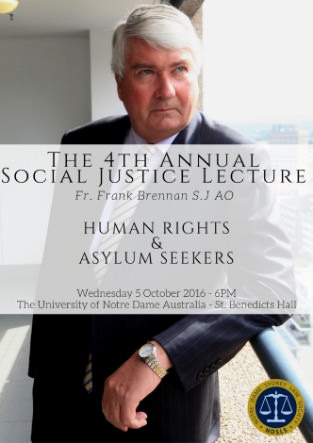
AUSTRALIA
- Frank Brennan
- 06 October 2016
8 Comments
Australia's policy is unique and unrepeatable by other nations because it requires that you be an island nation continent without asylum seekers in direct flight from the countries next door and that you have access to a couple of other neighbouring island nations which are so indigent that they will receive cash payments in exchange for warehousing asylum seekers and proven refugees, perhaps indefinitely. The policy over which Turnbull presides is not world best practice. It's a disgrace.
READ MORE